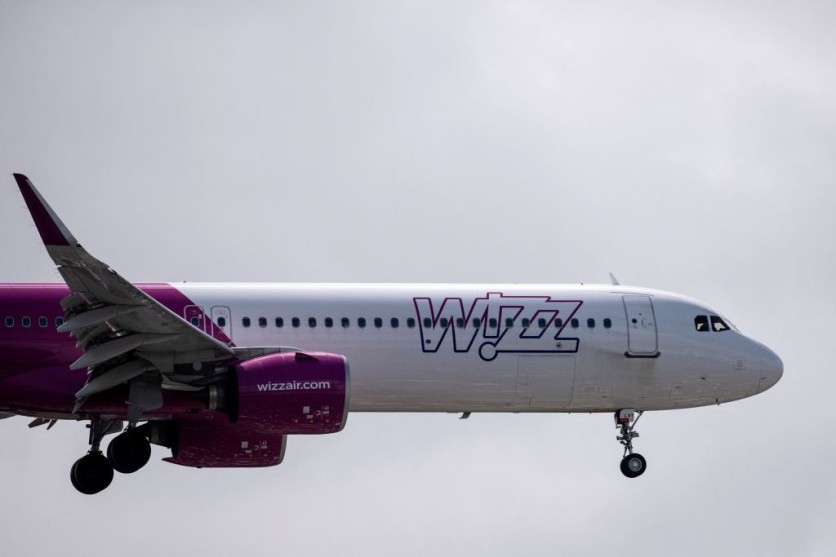The Aviation industry's future proves to be AI-driven, as roughly 97% are forecasted to integrate the booming technology into various aspects of the industry, as per an Interesting Engineering report.
The report cites SITA, a global information technology corporation specializing in communications for air travel, forecasting the integration after unveiling its "Meet the Megatrends" report.

The report states that 97% of airlines are preparing to create initiatives utilizing generative artificial intelligence. 71% of airports are already reportedly working with partners in innovation to develop artificial intelligence, machine learning, or "Computer Vision." 31% have already put the suggestions into practice, and another 36% said they want to do so by the end of 2026.
SITA proves to be among these AI integrators, as the firm's report states that it has been creating application cases for AI and machine learning. This involves performing promptly to anticipate and prevent delays and control disturbances. Additionally, the firm states that they are using "Computer Vision" to maximize aircraft turnaround operations and replicate passenger flows via a terminal to maximize asset distribution and anticipate and stop bottleneck formation.
Digital Identities to Fast-track Aircraft Boarding
Interesting Engineering also adds that the rise of digital identities is driving the growth of digital travel. Citing SITA's Air Transport IT Insights for 2023, the article states that 82% of airlines will use digital identification solutions with biometric capabilities for aircraft boarding by the end of 2026. Furthermore, half of the airlines would use single-token systems, and 67% would use contactless technologies.
Beyond AI, the report also predicts that vehicles on the ramp are expected to be served by connected luggage carts and smart tugs. Robotic assistants, mobile kiosks, and wheelchairs will all be operated from a distance. As with the introduction of 5G and the development of AI solutions, the airport is predicted to serve workers and passengers with linked autonomous vehicles, mobility equipment, and robots.
It predicts the use of blockchain technology to automate the Travel Chain Maintenance, Repair, and Overhaul (MRO) procedures, offering notable improvements in cost-effectiveness, safety, and efficiency.
Overall, these predicted digital trends promptmore autonomous monitoring and management of autonomous vehicles and operations that support passenger travel at large international airports.
Urban Air Mobility as a Foreseeable Future
Airports and airlines alike also show great interest in Urban Air Mobility (UAM). According to the research, investments would soar from $5 billion in 2022 to $28 billion in 2030.
"Meet The Megatrends" also predicts that intermodal, integrated, and smooth travel will become possible as Urban Air Mobility (UAM) systems such as electric air taxis will be commonplace at large international airports by 2032 and serve as a profitable supplemental service for both airlines and airports.
In addition to providing further benefits related to sustainability and energy costs, the services will advance travel toward a smooth experience with brief transfers and quick passenger processing.
The industry's dedication to lowering carbon footprints, technological breakthroughs in battery and electric propulsion systems, and the growing need for short-range routes all contribute to the rapid expansion of UAM.
Related Article : MIT Is Developing an AI Co-Pilot for Aircraft Called Air-Guardian

ⓒ 2025 TECHTIMES.com All rights reserved. Do not reproduce without permission.




